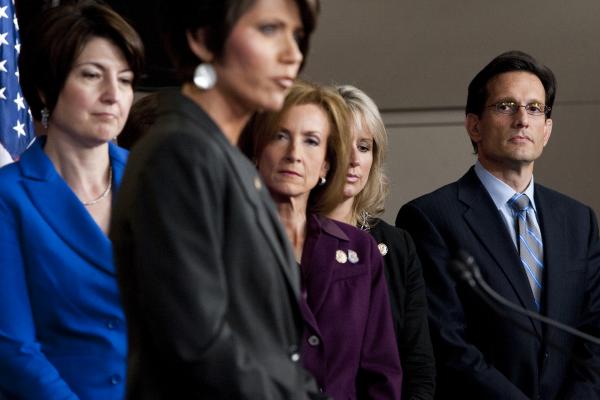May 4, 2012
When we look deeply into our mothers’ eyes we see the beauty and power of grace; their grace offered to us and our grace offered to them.
And so their abuse is unthinkable …and the thought that their abuse would be deemed unworthy of protection by the state—for any reason—is unconscionable.
Why, then, is the House GOP insisting on a scaled down version of the bill to reauthorize the Violence Against Women Act that the Senate reauthorized with bipartisan support in April? Because they have decided certain women are worth protecting and others are not.
Read the Full Article

Already a subscriber? Login
